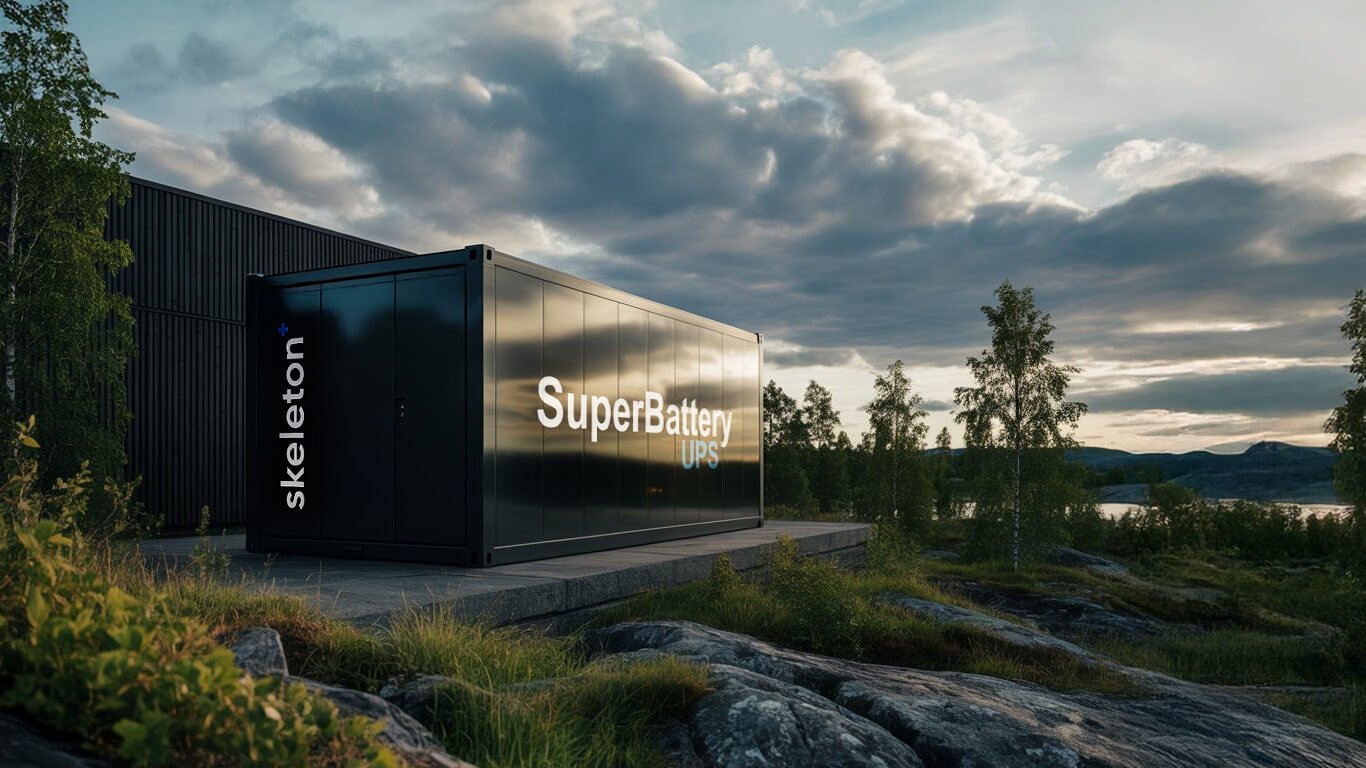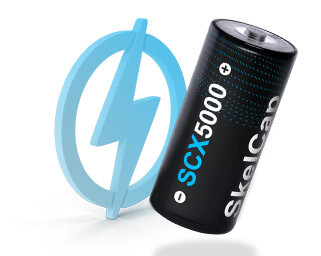
Skeleton Technologies in Brussels for Cleantech Dialogue with EU Leaders
.png)
We are proud to share our involvement in the "Clean Transition Dialogue on Cleantech" with European Commission President Ursula von der Leyen and Executive VP Maroš Šefčovič, in Brussels on February 26th 2024.
"Clean Transition Dialogues" is a flagship initiative launched by President von der Leyen in the 2023 State of the Union address. They enable the Commission to engage in important exchanges with industry to strengthen and support the implementation of the European Green Deal.
Alongside Siemens Energy, Engie, Vestas, Verkor, EIT InnoEnergy, and other prominent cleantech industry stakeholders, we discussed the challenges on the path to net-zero and explored pathways to ensure the future of cleantech is firmly rooted in Europe.
 Arnaud Castaignet
Arnaud Castaignet
Arnaud Castaignet, our VP of Government Affairs & Public Relations, highlighted key areas critical for Europe's cleantech future:
Investment Needs for the Green Deal: The European Commission estimates that €92 billion in investments are necessary to achieve the Net Zero Industry Act (NZIA) objectives. This initiative requires a substantial contribution from private capital, an aspect not thoroughly addressed in the Green Deal. To reach this investment milestone, it's crucial to establish a favourable environment for private investment, leveraging public guarantees and revenues from the EU Emissions Trading System (ETS) to support the transition. Recent report by Cleantech for Europe's advocates for a "Cleantech Investment Plan", emphasizing quick steps from public guarantees to de-risking tools.
Overcoming Scale-up Challenges: There is a pressing need for increased support in scaling up innovations, spotlighting the existing disparity that tends to benefit larger companies over emerging scale-ups.
Europe can take pride in being a powerhouse of cleantech innovation. The EU offers numerous grants for early-stage innovation from various sources such as Horizon Europe, European Innovation Council, and the European Research Council. However, there is a glaring deficit in financial instruments supporting scale-up ventures. Moreover, the application processes for these instruments are often protracted and uncertain. Many scale-ups struggle to grasp the criteria upon which evaluations are based, leading to repeated attempts at securing funding and project delays.
As a result, these funds disproportionately benefit large industrial companies rather than scale-ups. For instance, in the 2021 Innovation Fund's call for small-scale projects, large companies accounted for 70% of the recipients, rising to 100% in the large-scale call. This approach fails to foster the emergence of new scale-up companies poised to become future leaders in cleantech. We must rethink our strategies to better support these burgeoning enterprises.
Cleantech for Sovereignty: Cleantech is significant for securing Europe's energy independence and sovereignty, particularly in the context of recent geopolitical tensions.
As 2024 looms as a decisive election year, it's vital to prevent cleantech from becoming a scapegoat. The realization dawned upon us when Russia initiated its full-scale invasion of Ukraine two years ago, underscoring the weaponization potential of energy and Europe's vulnerabilities in energy, technology, and materials. However, despite this stark revelation, opposition to investments in both cleantech and defense has emerged, exemplified by the Strategic Technologies for Europe Platform (STEP) proposal.
As an Estonian company, we welcome the increasing investments in defense, but it's imperative to recognize the indispensable roles both defense and clean technologies play in safeguarding Europe's sovereignty. We hope that the forthcoming European leaders will embrace a constructive vision of clean industry and manufacturing, recognizing them as linchpins for making Europe stronger and safer.
Our mission at Skeleton is to positively impact the path towards a sustainable future. Driven by our dedication to sustainability, we're actively engaged in EU regulatory discussions, aiming to shape a greener tomorrow.
Photo by European Commission





